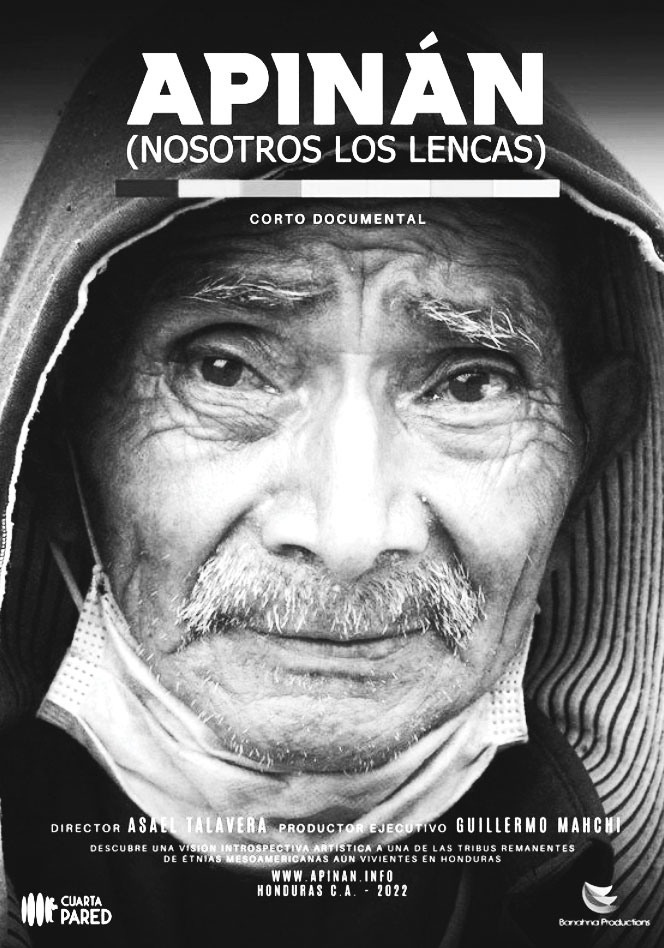Lakeside students enrolled in Spanish III are required to attend one Seattle Latino Film Festival (SLFF) screening, while Spanish IV, V, and VI students must attend two — one at Lakeside and one outside of Lakeside. Through the medium of film, the SLFF offers students a genuine chance to connect with the broader Seattle Latino community. Spanish students directly engage with the local community, gain a better perspective of the U.S. through a foreign vantage point, and deepen their understanding of Hispanic and Latin American culture and commentary.
Profe Paloma Borreguero, an Upper School Spanish teacher, has been involved with the festival for several years, sharing, “I believe that language is very tied to culture, and one of the best ways for students to understand a language and feel that it is important is if they know the culture.” SLFF allows students to experience Latino culture firsthand in an organic environment — something they simply cannot get in the conventional classroom. Films, with their visual and auditory elements, provide a sensory immersion that captures nuanced elements of Latino culture that cannot be learned through discussions or readings. Additionally, at the festival, world-renowned directors, actors, and critics attend the screenings, giving students the opportunity to ask questions and directly engage with the media.
In past years, actors and directors from the films have hosted Q&As during screenings at Lakeside, but U.S.–South American political tensions have hampered their ability to travel to the U.S. this year. This unfortunate reality sheds light on how current U.S. foreign policy and anti-immigrant sentiment manifests in the real world, hindering international collaboration.
This year, Profe Borreguero hopes to bring members from the SLFF board to Lakeside upper-level Spanish classrooms for a live Q&A instead, to encourage students to think critically about community, culture, power, and privilege.
Besides interacting with local members of the Latino community, the film festival transports students to a different world, where the U.S. is no longer the focal point. Profe Borreguero says that the films “make all of us more aware of the Latinos in Seattle and how their countries think,” emphasizing that, “oftentimes, the movies show a picture of the United States from a perspective that we would not see from our local movies because our movies are produced for us and by us. The movies are produced by Latin American or Spanish people for Latin American or Spanish people.” By watching these films, students add another layer to their understanding of the U.S.
The films also provide students with insight into Latin American lifestyles, behaviors, and customs. While the films are often not as developed or polished as movies students would see at the local cinema, Profe Borreguero emphasizes that “the message is what shines through,” and is ultimately what students take away from their Seattle Latino Film Festival experience.
After students attend the festival, their immersive experience continues as they write reviews for the films that are then used as feedback for the directors and, occasionally, for grants. This real-world application not only gives students practice with writing reviews in Spanish, but also encourages students to watch the films attentively and reflect on the films’ intrinsic messages and impact. While most of the films do not have happy, cookie-cutter endings, Profe Borreguero ultimately hopes her students come away from the experience seeing the beauty in “our shared humanity.”


